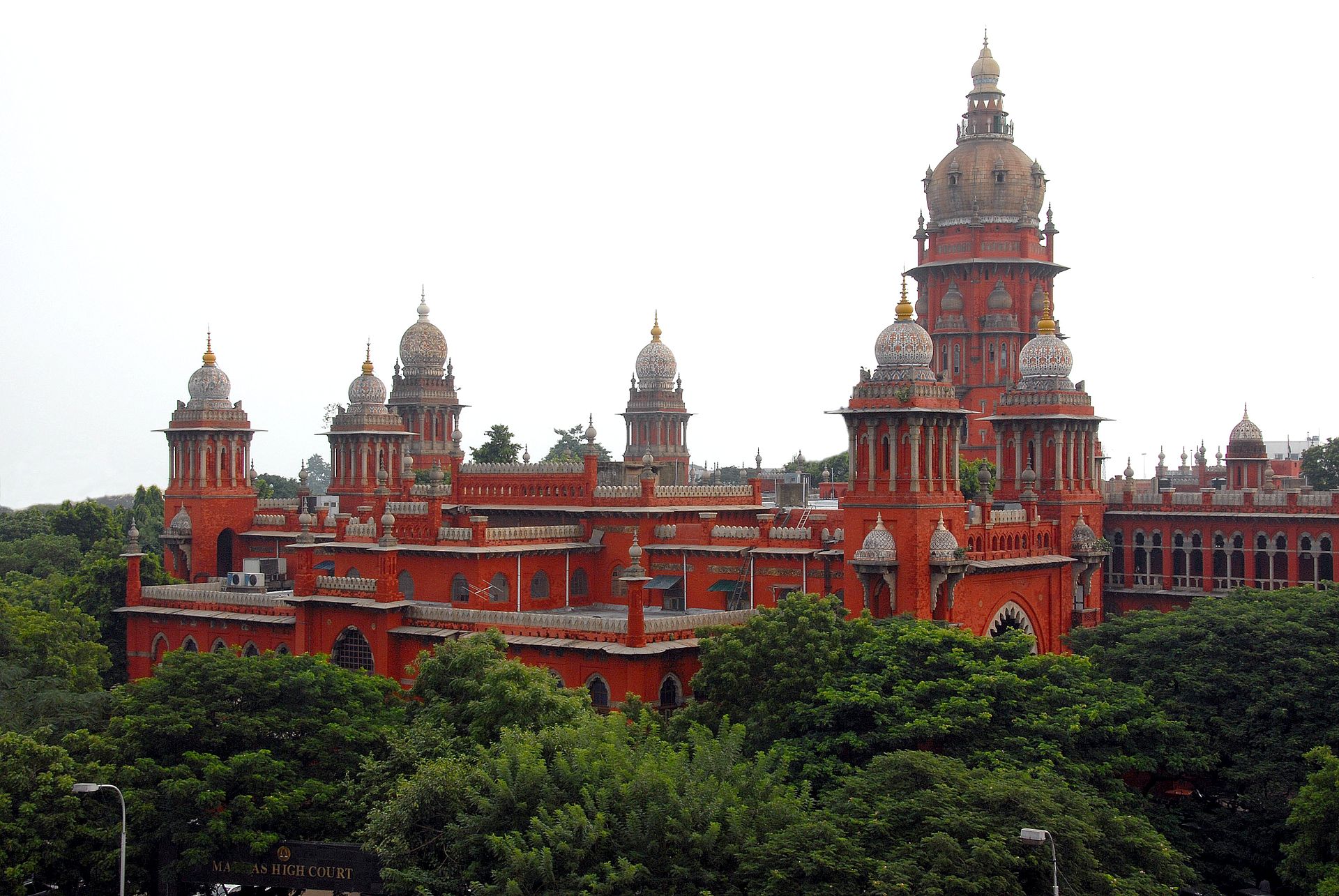Teachers Eligibility Test is not applicable for teachers in Minority institutions: Madras High Court reiterates

Justice Parthiban of Madras High Court has reiterated that the prescription of Teachers Eligibility Test qualification as per the Right of Children to Free and Compulsory Education Act, 2009 is not applicable to minority institutions.
The above transpired in a case where the petitioner was appointed as teacher for Upper Primary Sections of Standards VI to VIII. As per the order, the post is a regular sanctioned post with grant-in-aid from the Government. The District Elementary Education Authority on application by the school converted the post to that of a Secondary Grade Assistant. Subsequently, the petitioner also received salary and allowances from the date of her appointment. However, an endorsement was made that her approval was subject to the condition that the petitioner had to complete Teachers Eligibility Test (TET) within five years.
The petitioner had taken a maternity leave for six months and the same was granted by the school management. The leave also was duly endorsed by the District Elementary Education Authority. However, the District Education Officer issued proceedings for recovering of the amount paid by way of annual increments and maternity leave salary on the ground that she had not qualified for TET. The petitioner thus approached the Madras High Court by filing a writ petition.
The counsel for the petitioner argued that the prescription of TET qualification in terms of the Right of Children to Free and Compulsory Education Act, 2009 was held to be not applicable to minority institutions by a Constitution Bench of the Supreme Court. The counsel submitted that the school in which the petitioner is employed is a minority institution and that the action of recovery of increments and discontinuance of further grant of two annual increment is not sustainable in law. The counsel cited the judgment of Supreme Court in Pramti Educational and Cultural Trust and Ors. vs. Union of India and ors.
The court on hearing the submission of the petitioner noted that in view of the judgment of the Supreme Court it has to come to an inevitable consideration that the impugned action of the authority is patently illegal and unconstitutional and cannot be sustained in law. The court further directed the authorities to refund the amounts recovered from the petitioner and pass appropriate orders in this regard within a period of four weeks.
Case title: M.Ani Vs Government of Tamil Nadu
